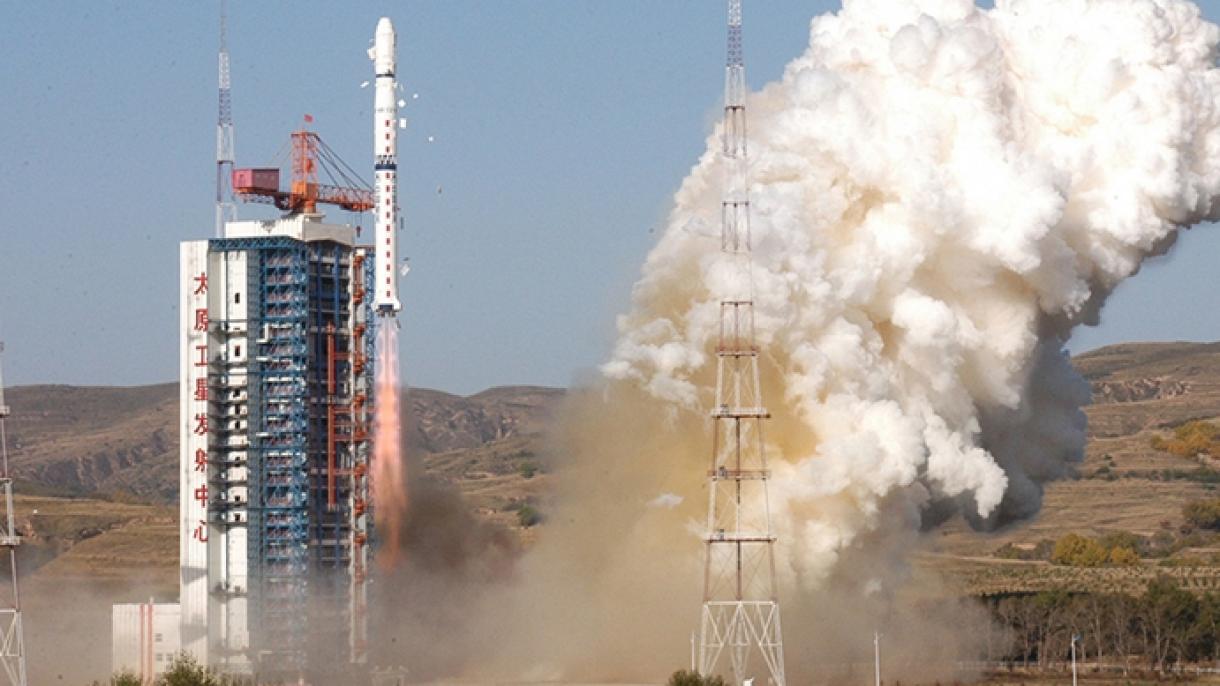Before Russia’s military invasion of Ukraine, a situation similar to the confidence game is visible in the confrontation between the West and the East. That is, both sides preferred the status quo and even envisioned a transition to a state of cooperation.
In such a situation, if it is believed that the other party refrains from attacking, each of the parties prefers not to attack because the start of a direct war by both sides would bring great destruction to the parties, and as a result, the possibility of preventive or anticipatory war decreases.
However, the parties involved in this confrontation were not two single and homogeneous units. On one side, there are Russia and China, and in a way, Russia, together with China, is seeking to return to the world power arena at the level of the former Soviet Union, and on the other side, the United States and the European Union, which have become the pioneers of economic development.
Although the Scandinavian or Nordic countries also present a mixed model of economic development, they do not have high bargaining power in terms of global political power, and the main confrontation is between the United States and the European Union on one side and China and Russia on the other.
But each of these countries and regions have allies and companions who are involved in different layers of the game, and therefore, such a structure is more complicated than the classic models of confrontation-contradiction. Currently, Russia is following the strategy of bringing other countries to the first level of the game to be on the front line of confrontation with the EU-US alliance or broadly NATO.
The military cooperation between Russia and China is based on this Russian strategy. As it is possible to interpret the establishment of satellite positioning systems built by two countries in the other country in the same direction. Thus, both sides in the West and the East are trying to change the current game towards their desired game. David McAdams in the book “Game Changer, The Art of Changing Strategic Situations” shows that by understanding the coordinates of the game, auxiliary strategies can be used to achieve the desired goals. The first step is to pay attention to the achievements of each strategy. If it is possible to change the achievement, the game can be turned into a game of regulation and organization, and if it is possible to do some kind of integration with the opposite actor, then it becomes possible to form a single cartel.
Currently, Russia is following such a path and wants to drag other countries in this direction as well. Considering the uncertain future of confrontation, it will be very risky and even anti-development for small countries. In the direct confrontation between Russia and NATO in the context of Russia’s invasion of Ukraine, there is still no prospect of an end to the confrontation, and therefore it does not have the potential to become a game of cooperation and bargaining based on a common core of preferences.
From the point of view of the game changing algorithm, the first question is whether it is possible to change the efficiency of the strategies of both the western and eastern sides or not? Currently, Russia relies the most on Europe’s need for energy in the winter and the united and accompanying increase, but on the other hand, the European Union seeks to reduce the reliance on Russian energy sources, which to some extent supports this path. Ukraine’s recent victories may change these outcomes in favor of the Western side, which also creates the possibility of Russia’s tendency towards other tactics other than attracting allies.
The next question in the form of the aforementioned algorithm is whether it is possible to end the confrontation and the perspective of cooperation in the current situation? Perhaps the more accurate question is whether Russia wants to end the attack on Ukraine or not? The current situation shows that Russia has entered a path with little chance of return, and the result of Ukraine’s resistance will force Russia to change its strategy from aggression to cooperation or bargaining and the negotiation table. However, the main game, i.e. increasing the share in the field of international politics and the corresponding achievement is so important for Russia that it greatly reduces the possibility of this option.
Also, the question is raised whether there is dynamic movement in the game? This conflict has a dynamic or sequential structure and its beginning can be imagined in the position of Russia in the last few decades towards the countries separated from the former Soviet Union and the history of pressure on Europe through the channel of gas export to this region through the Ukraine channel.
The western side’s reaction to these strategies has been to follow the strategy of diversifying the sources of energy supply and increasing the use of renewable and new energy sources. Besides that, the expansion of the NATO treaty also led to the establishment of the confidence game, but the most important question is the possibility of achieving agreement based on invitation of a moderator (mediator or common ally), which in the current arrangement of the game, there is a small possibility for that.










0 Comments